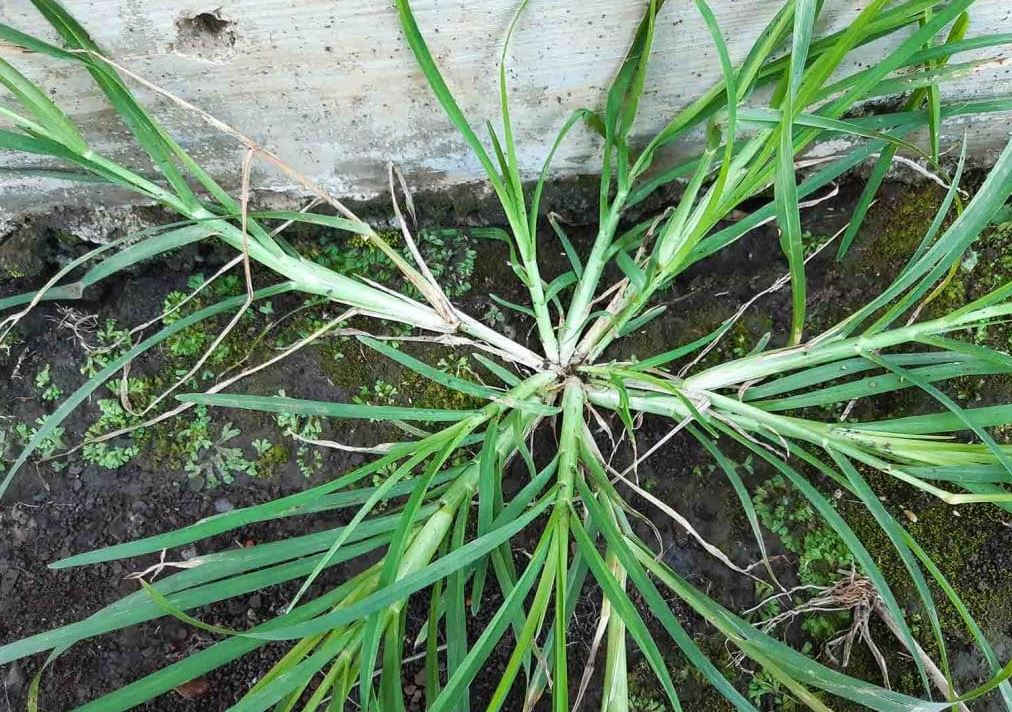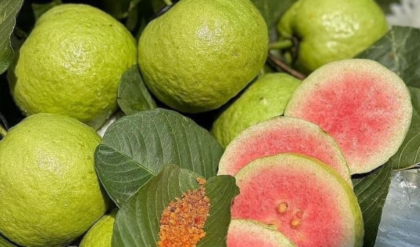Often dismissed as a common weed, goose grass (also known as cleavers or Galium aparine) is a powerhouse in the world of traditional medicine. Known for its cleansing abilities and broad range of healing applications, this resilient plant can be a valuable addition to your natural remedy toolkit. Here’s how to prepare and use goose grass for various health benefits.

1. Identification and Harvesting
- Recognizing Goose Grass: Goose grass is identifiable by its long, slender stems, tiny greenish-white flowers, and small hook-like hairs that allow it to cling to clothing or fur. Look for these distinctive features to ensure accurate identification.
- Optimal Harvesting Time: Spring is the best time to harvest goose grass when its shoots are young and tender, offering the highest potency.
2. Preparing Goose Grass for Medicinal Use
- Cleaning and Drying: Wash goose grass thoroughly to remove any dirt. It can be used fresh or dried. To dry, bundle the plant and hang it in a well-ventilated area away from direct sunlight.
- Making Goose Grass Tea: For a detoxifying tea, steep 2 teaspoons of dried goose grass in boiling water for 10 minutes. Strain and enjoy up to three times daily to support lymphatic health and cleanse the blood.

3. Therapeutic Uses of Goose Grass
- Soothing Skin Irritations: Goose grass is excellent for skin ailments like eczema and minor wounds. Create a poultice by crushing fresh leaves and applying them to the skin. This method helps reduce inflammation and promotes healing.
- Kidney Health Support: As a natural diuretic, goose grass aids in flushing out toxins, supporting kidney health. Drinking goose grass tea regularly may help prevent kidney stones and ease urinary tract infections.
- Lymphatic System Boost: Known for its lymphatic-cleansing properties, goose grass helps reduce lymphatic swelling and supports immune function, making it valuable for holistic health.
4. Additional Benefits of Goose Grass
- Weight Management: Goose grass tea may aid weight loss by boosting metabolism and acting as a natural diuretic.
- Hair Health: With a natural silica content, goose grass strengthens hair. Use a decoction as a final rinse to add shine and support hair health.
5. Important Considerations

- Allergy Check: Some individuals may experience allergic reactions to goose grass. Test a small amount on the skin before using it more extensively.
- Consultation with a Healthcare Provider: While goose grass is generally safe, consult a healthcare provider if you have pre-existing conditions or take medications.
Embrace the Healing Power of Goose Grass
Far from being just a “weed,” goose grass is a versatile and powerful natural remedy that can support kidney health, improve skin conditions, and boost immune function. By learning how to identify, prepare, and use goose grass properly, you can unlock its many benefits and bring a valuable herbal ally into your wellness routine. Share this guide with friends and family to spread the knowledge of this remarkable healing plant!





